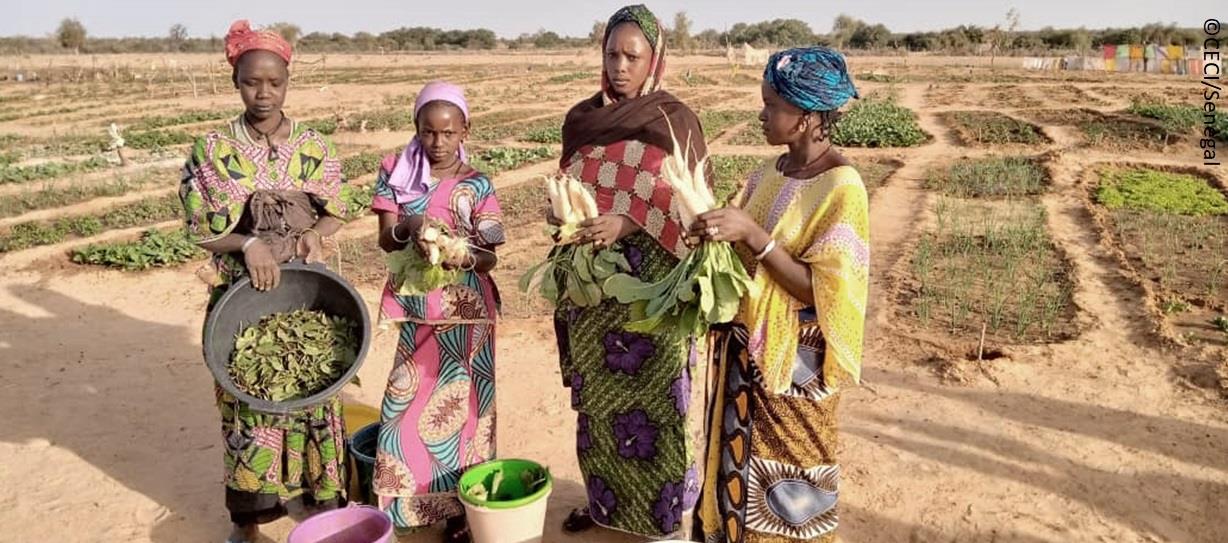From founders to partners, Quebec and FAO join forces to enhance food security in Senegal and Haiti

On October 16th, 1945, delegates from nearly forty countries met in Quebec City, Canada, for the founding of the Food and Agriculture Organization of the United Nations (FAO). This day marks the celebration of what is known as ‘World Food Day’, celebrated in more than 150 countries around the world to promote global action against hunger, food insecurity and malnutrition.
Quebec is once again on the map for its commitment in the fight against hunger in Haiti and Senegal through the “Strengthening Agricultural adaptation (SAGA) Global project.” This is the first ever FAO project implemented through a financial and technical partnership with Quebec.
The project aims to support the achievement of Nationally Determined Contributions and climate change adaptation planning processes, for food security and nutrition in Senegal and Haiti. The agriculture and food security of both countries are particularly vulnerable to the impacts of climate change due to the impacts of extreme weather events.
The so-called ‘Integrated garden of resilience’ or JIR (Jardin intégré de resilience in French) has turned 3 hectares of sand into a flourishing market garden producing enough vegetables, pulses and fruit for sale, and the consumption of the 200 households cultivating the land. This is mainly thanks to the joint work of the Ministries of Agriculture and Environment in the two countries, civil society organizations and academic and research institutions from Quebec.
“The results of the garden exceeded our expectations, we saw neighbouring villages spontaneously replicating what was done in the JIR (Jardin intégré de resilience), sometimes with the help of the participants of the initiative” explained Oumar Diack, Head of Field Operations for the Senegalese NGO FAFD (Federation des Associations du Fouta pour le Developpement).
Other results achieved in Senegal include the installment of rainwater collection systems, the establishment of Farmer Field Schools introducing agroecological practices and clubs for consultation on soil health, as well as hands on training on the production, processing and packaging of quality honey in the regions of Kolda, Sedhiou and Ziguinchor.
Training of trainers in agricultural practices that use ‘nature-based solutions’ to adapt to climate change are giving women in Senegal the opportunity to train other farmers to use similar practices on their land. According to the communities, many problems encountered when growing vegetables have been overcome using these new agricultural techniques.
SAGA took shape following the 2017 International Symposium on Food security and Nutrition in the Age of Climate Change organized by the Government of Quebec in collaboration with FAO. SAGA promotes practices that protect biodiversity and value ecosystem services. It recognizes the importance of building on traditional knowledge and the key role of rural women and youth in climate change adaptation planning.
For more information
SAGA project web page: http://www.fao.org/climate-change/programmes-and-projects/detail/en/c/1277398/
